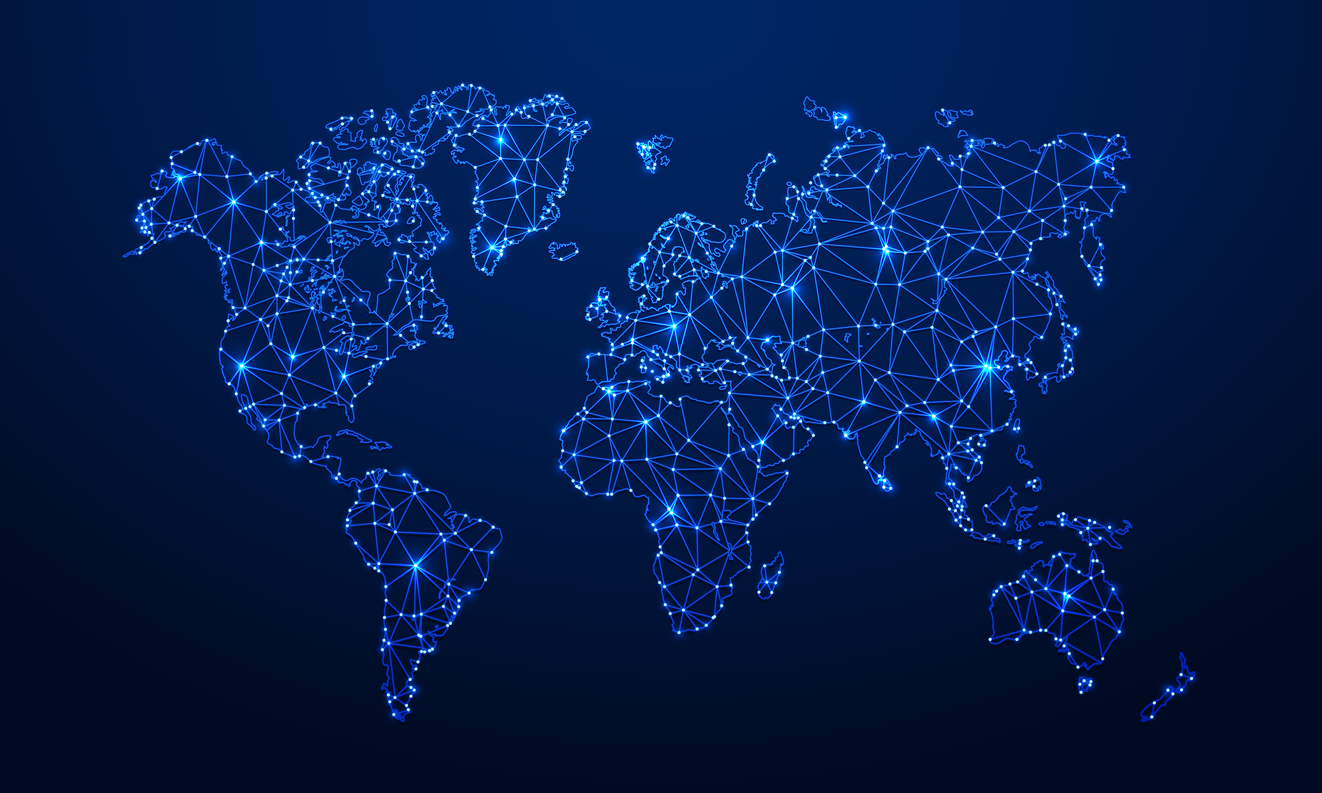Technology’s Role in Global Development
 Earlier this month, we at Abt unveiled a new kind of lunchtime learning event in the form of an Oxford-style debate between two experts: Gabriel Krieshok from the Data Science, Surveys, and Enabling Technologies Division and Sarah Kozyn from the International Development Division. We took opposing sides on this question: “The role of technology is overhyped when it comes to global development” and played up a friendly argument for the cameras (as it were).
Earlier this month, we at Abt unveiled a new kind of lunchtime learning event in the form of an Oxford-style debate between two experts: Gabriel Krieshok from the Data Science, Surveys, and Enabling Technologies Division and Sarah Kozyn from the International Development Division. We took opposing sides on this question: “The role of technology is overhyped when it comes to global development” and played up a friendly argument for the cameras (as it were).
Surprising even the debaters, we had quite a showing—more than 90 people in attendance. Some took a quick break from projects in our Rockville headquarters, and the remainder joined us virtually from around the globe through our teleconference software.
Gabriel argued that technology’s role in international development is not overhyped, while Sarah argued that it is. The debate was light-hearted but formal, with prepared opening remarks, a neutral moderator and audience Q&A.
It turned out to be a great format as it enabled us to unpack a lot of the discussions we have internally. Mainly, we are thinking about the best way to position our digital assets and inject our data strategy into our global projects. We see the same questions posed and responded to across our sectors of work in projects, conferences, and writings.
Sarah saw three problems with technology hype: ultimate users, evidence and sustainability. She argued that:
- Most of the technology gets used by us, not program beneficiaries. Tools for beneficiaries are the true technologies for international development, and they’re the most over-hyped.
- There is little evidence that the technologies promoted are more effective than conventional approaches.
- Too little attention is paid to the ability of beneficiaries to use the technology after a project ends.
The real danger, she argued, is that client fascination promotes unproven technology over interventions that work. Is that a good use of scarce funds, and does it benefit people in need? Clients see technology as a silver bullet, but it often is a blank.
Gabriel sees all this differently. He argued that:
- Technology inexorably is coming, and you can be part of the steamroller or part of the road. If technology from email and Word to data collection and artificial intelligence helps us do our job better, the vulnerable will benefit—even if they don’t use the technology directly.
- Technology is not sexy. The problem comes if you think of technology solely as a glitzy lightsaber from Star Wars when often it’s really more like the Force. When technology works well, it blends into the background.
- It works FOR us, not against us. It becomes invisible and enables us to focus on what’s important: the people and our impact.
For both of us, the takeaway from the conversation was understanding the role that hype can play in global development — in any domain for that matter. There are things that are over-hyped, and they can distract from serious issues that require attention.
Conversely, hype is not all bad. Understood correctly, hype for a particular technology or fad can be an indication of what stakeholders are looking for and an expression of the overall and pervasive importance of technology to our work, to our impact and, well, to our lives. Indeed, a client’s insistence on trying the latest rage instead of relying solely on proven interventions means we will give innovations a chance to become a proven intervention. That’s constructive.
At the end of the day, the opportunity lies in understanding how to use technologies—traditional or cutting-edge—to achieve the impact necessary for our work. There are always going to be fads and trends that trail off into distraction. But there will also be opportunities to learn and to apply new techniques to long-standing and wicked challenges. We can all agree on that.
